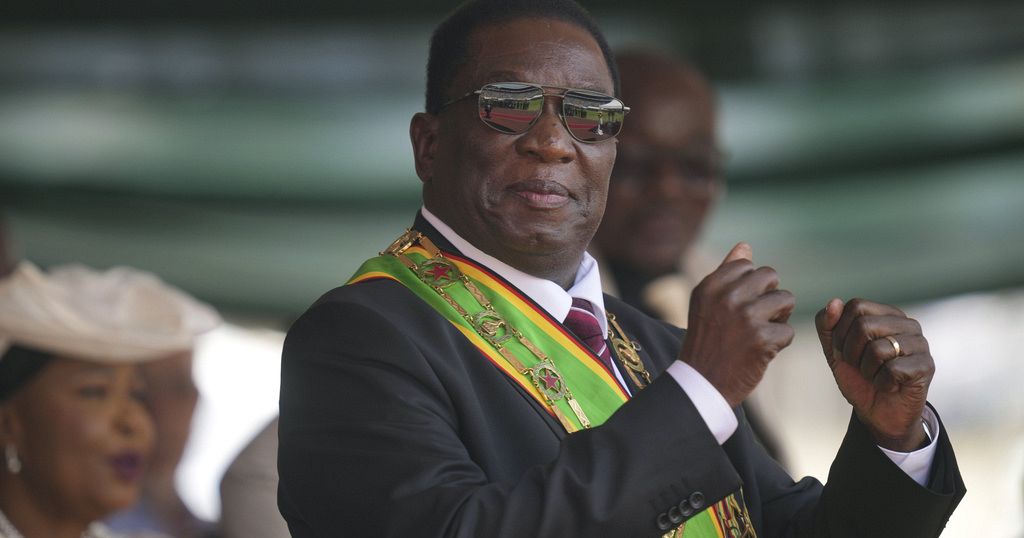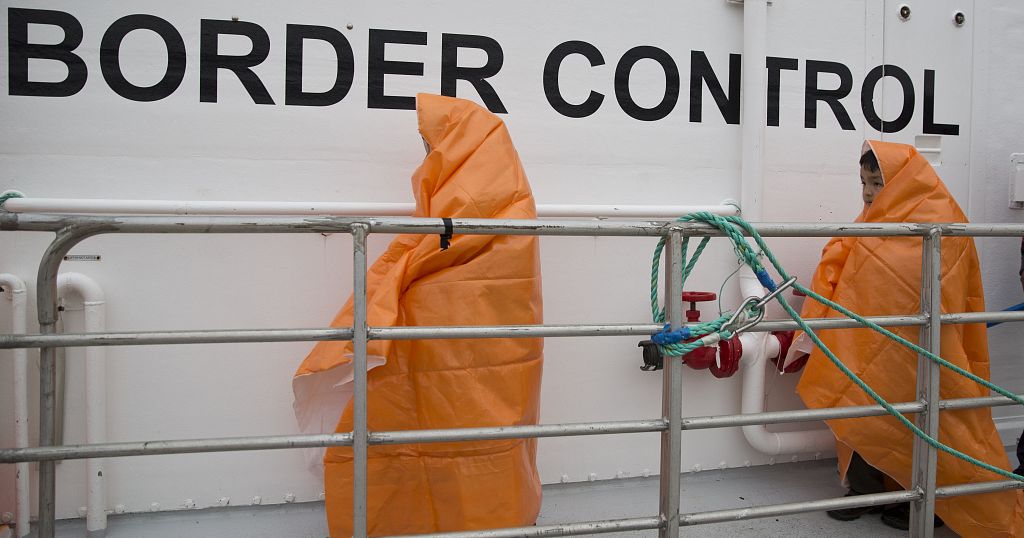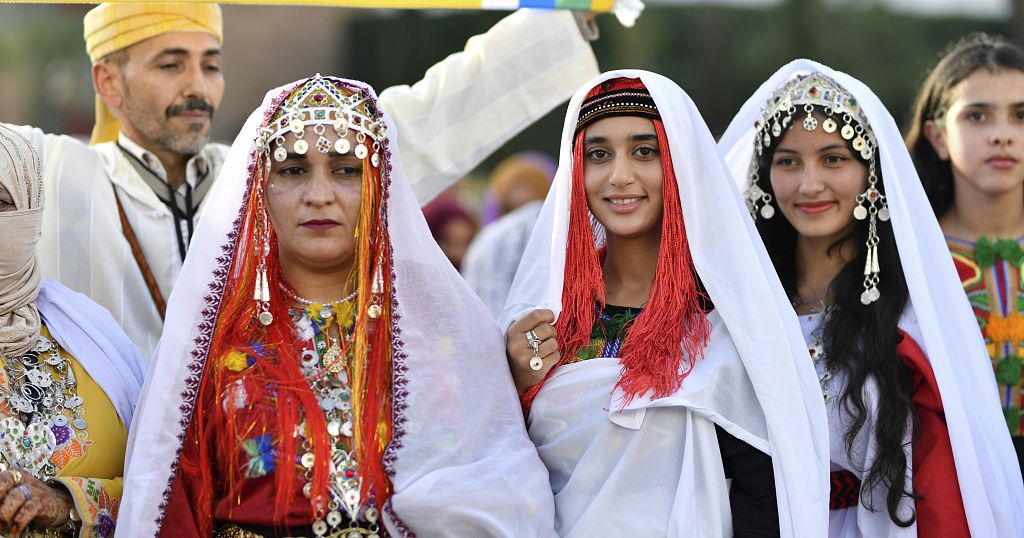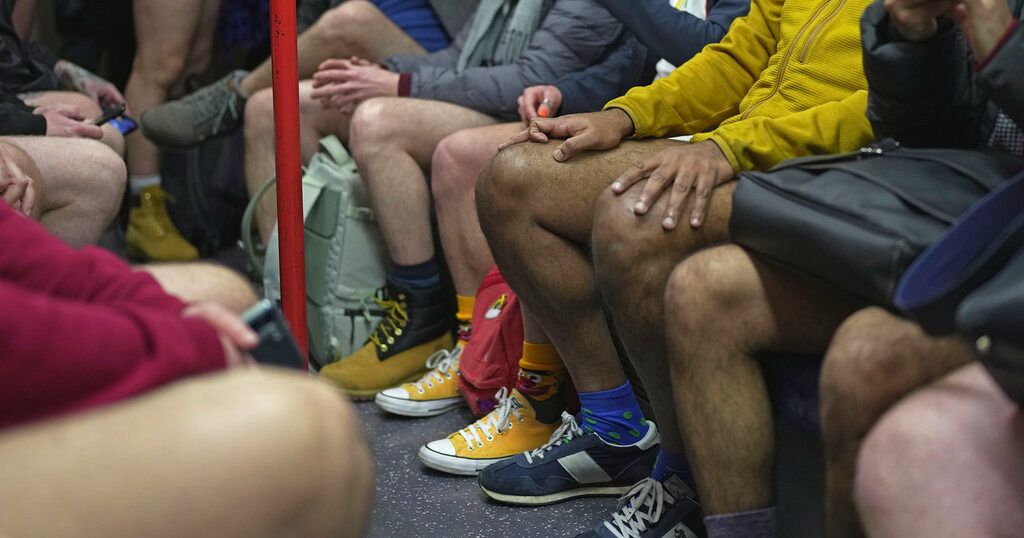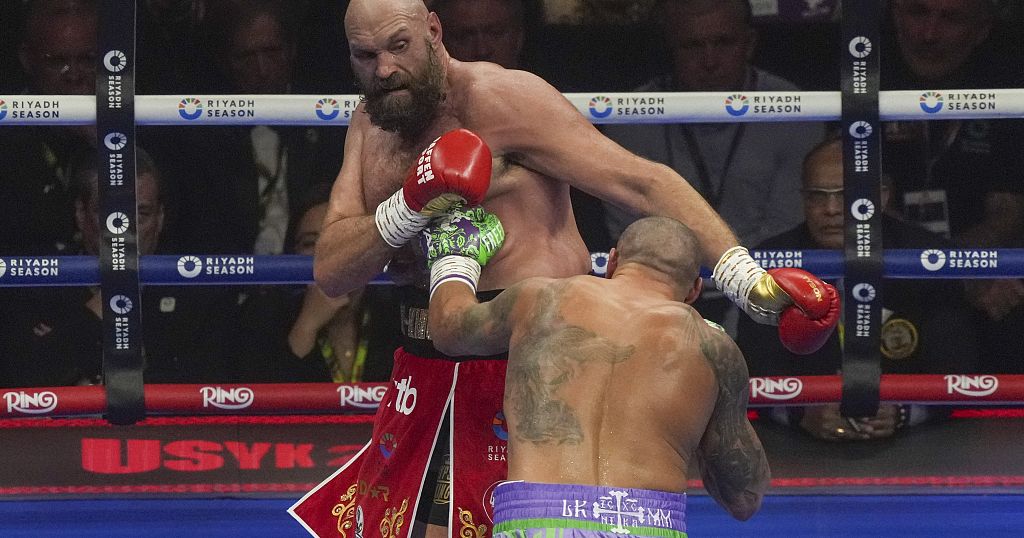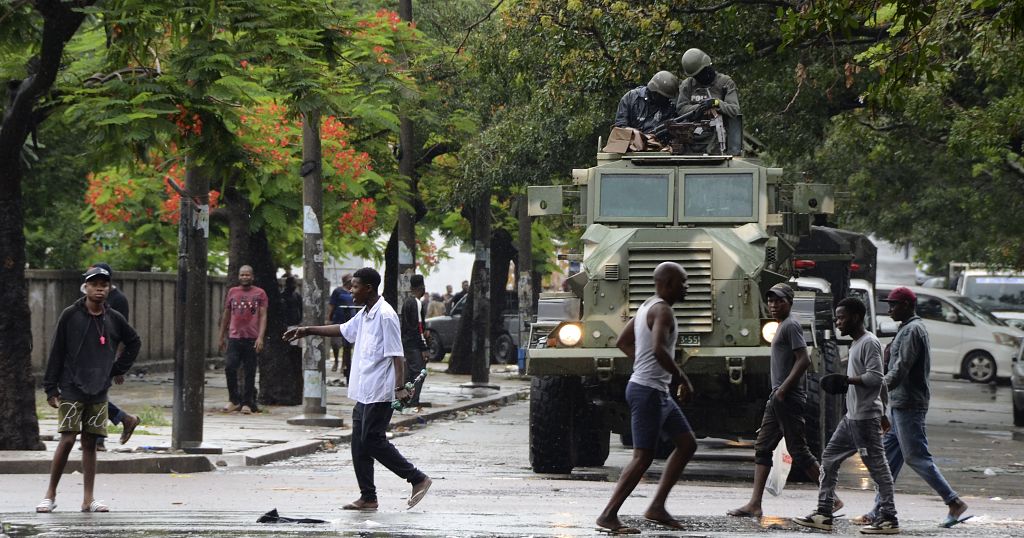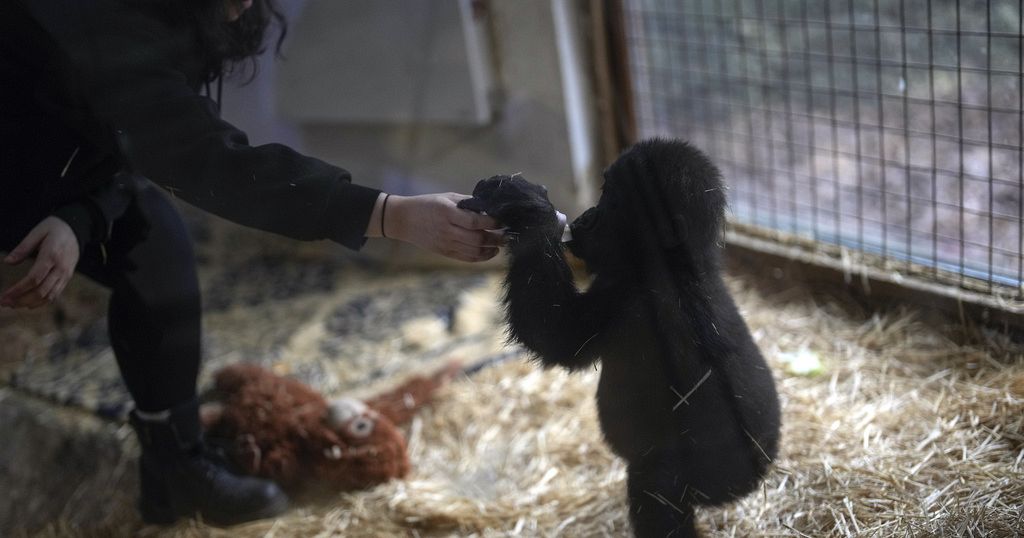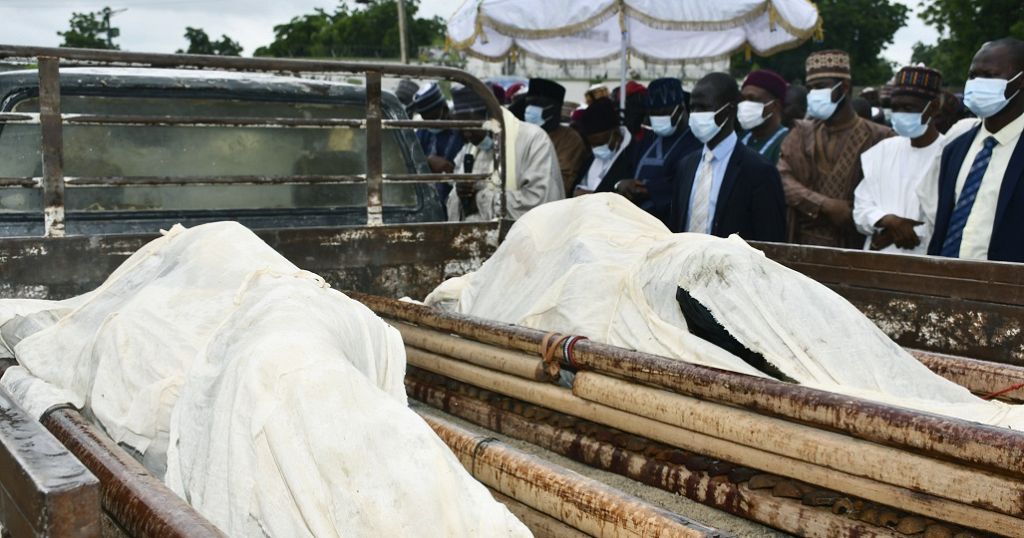UK supreme court to rule on controversial asylum policy sending migrants to Rwanda
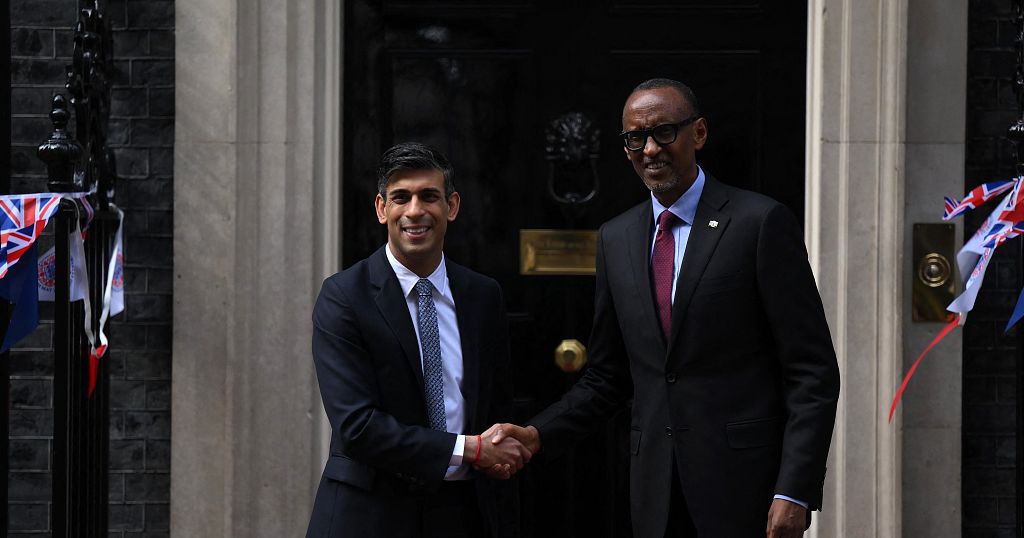
Rishi Sunak’s government is eagerly awaiting a crucial judgment by the UK Supreme Court, set to be delivered next Wednesday. The court will determine the legality of the government’s flagship immigration policy, which involves sending asylum seekers to Rwanda.
The legal battle stems from a Court of Appeal ruling that declared the multimillion-pound agreement to deport asylum seekers to the East African nation as unlawful. As the supreme court’s decision looms, it carries significant implications for the government’s immigration strategy.
Conversely, if the court deems the policy lawful, the Home Office anticipates that deportation flights to Rwanda, specifically to the capital city of Kigali, could commence as early as next year.
The case will be decided by a panel of five justices at the UK’s highest court, with the ruling scheduled for the upcoming Wednesday.
Government legal representatives have contended that the court of appeal erred in its conclusion that deportations to Rwanda would violate Article 3 of the European Convention on Human Rights. Article 3 prohibits torture and inhuman or degrading treatment. According to the government’s argument, a memorandum of understanding between the UK and Rwanda assures a “safe and effective” refugee status determination process for all deportees.
The United Nations High Commissioner for Refugees (UNHCR) has also entered the legal fray, asserting that the assurances provided are insufficient to address the “basic and fundamental defects” in the Rwandan asylum system.
The judgment, which carries significant political and human rights implications, will be rendered by Lords Reed, Hodge, Lloyd-Jones, Briggs, and Sales and is expected to be delivered after 10 a.m. next Wednesday.
The controversial asylum policy, which involves sending tens of thousands of asylum seekers to Rwanda for processing, was initially announced by former Prime Minister Boris Johnson in April 2022. It was conceived as a response to the escalating numbers of refugees attempting to reach the UK by crossing the English Channel via small boats. Government ministers believe that the policy serves as a deterrent.
To date, the UK has paid at least £140 million to the Rwandan government, led by President Paul Kagame. Despite the introduction of the illegal migration bill, no deportation flights have occurred due to a series of legal challenges.
Rishi Sunak has made the prevention of small boat arrivals one of his key pledges to the electorate. Nevertheless, in the early part of this year, almost 26,700 migrants have crossed the Channel and arrived in Britain, according to government figures released earlier this month. The ongoing legal battle will shape the trajectory of the UK’s asylum policy and its approach to international human rights standards.
Source: Africanews


